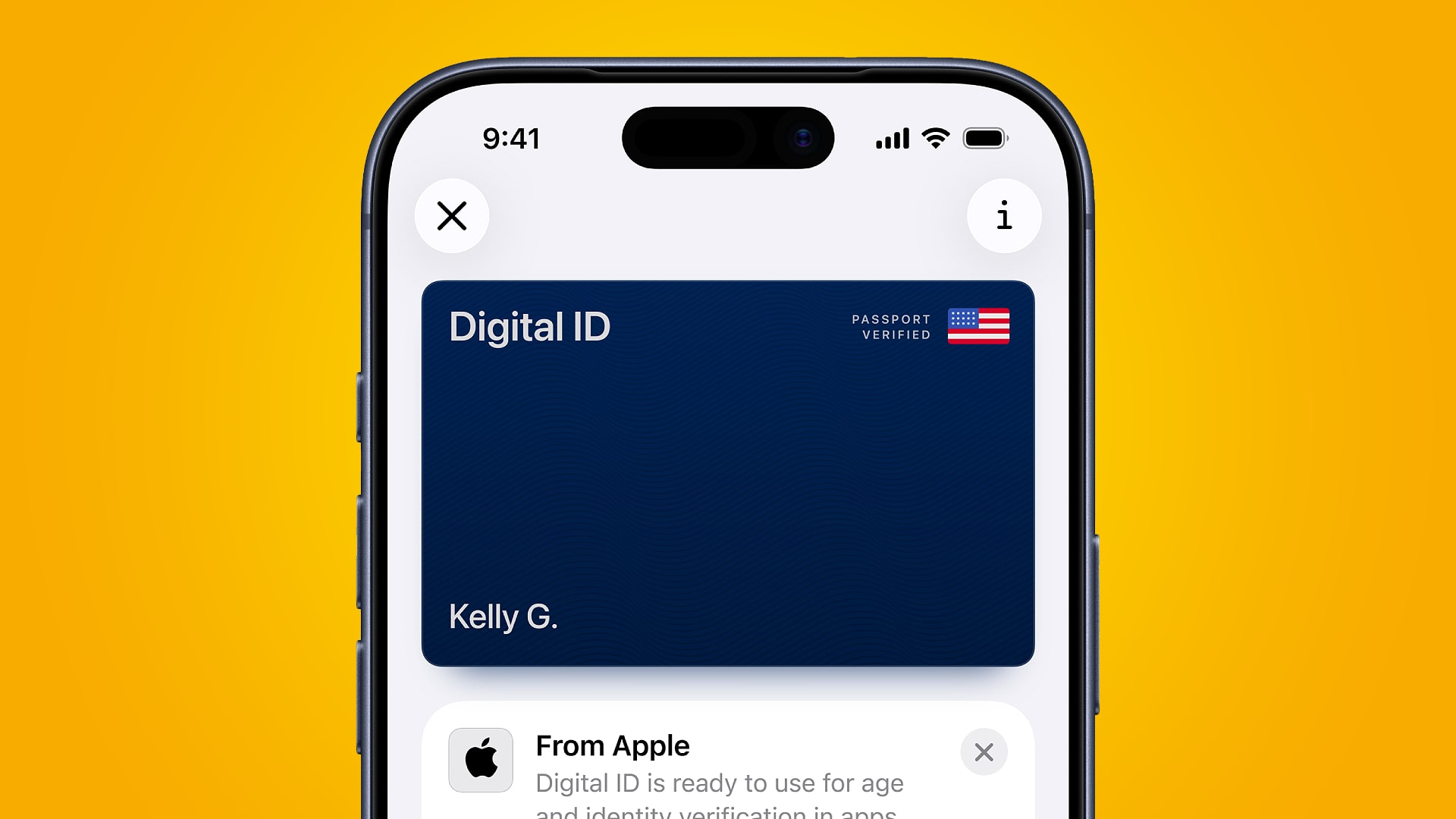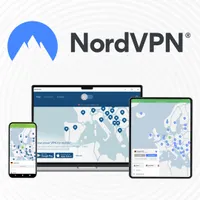Apple, Google required to provide digital ID tools under Missouri age verification law – but are they ready?
Digital ID may be better for security, but some websites are taking a different route

Sign up for breaking news, reviews, opinion, top tech deals, and more.
You are now subscribed
Your newsletter sign-up was successful
People in Missouri now need to prove they are 18 or older to access content deemed "harmful for minors" online.
Missouri's age verification law officially took effect on Sunday, November 30, 2025, and requires all websites or applications containing at least 33% "harmful" material to verify their users' age before granting them access. Failing to comply with the new rules could cost companies up to $10,000 a day in fines.
The Show-Me State is just the latest in the US to implement some form of mandatory age verification. And while some experts have described it as "a copy-paste version" of other laws in the country, Missouri is the first to include a provision on digital ID.
Under the new rules, any mobile operating systems with at least 10 million users in the country – think Apple and Google – must provide a digital identification system that websites or applications can use to check their users' age.
Both Google and Apple made some improvements to their digital ID systems in the lead-up to the November 30 deadline. Yet, this work wasn't enough to convince major websites of smooth compliance, pushing Aylo, the company behind PornHub and other popular adult-only websites, to block access to all users browsing from Missouri – no matter their age.
This means that one of the best VPN apps may remain the only way to keep accessing their sites for people in Missouri at the time of writing.
Digital ID and age verification – all you need to know
As the name suggests, a digital ID stores personal identity documents and can be used to prove who you are without sharing any physical documents.
As we've previously reported, ID management experts believe that these technologies have the potential to be a secure solution to age verification. But only if they are well-implemented.
That's because, if properly built, digital ID wallets would enable users to prove they are adults without revealing any of their identifiable information. As the Co-Founder of Privado ID, Evin McMullen, told TechRadar: it's like "a thumbs up or a green light that is cryptographically signed and verifiable."
The potential for enhanced security, privacy, and convenience has pushed governments and Big Tech giants alike to invest in the first iterations of such ID wallets.
Apple recently unveiled its new Digital ID tool, which sparked a huge privacy backlash. Although it's a US-only feature for now, it mostly came as a way to let users present their digital passports at about 250 airports across the country. That said, on Apple's support page, the Big Tech Giant explains that Apple's digital ID can also be used for identity verification.
Similarly, Google expanded its ID Wallet to more US states and the UK back in April, and, as per Google's support page, "some apps and websites accept a digital ID Pass in Google Wallet for identity and age verification."

While Apple and Google have both made some progress with their Digital ID systems, the likes of PornHub still opt to block access to Missourians altogether rather than risk their users' privacy and security.
"More of these laws are coming, and the safety of our users is one of our biggest concerns," wrote PornHub, arguing that the best and most effective solution would be to identify users by their device or account on the device.
"This means users would only get verified once, through their operating system, not on each age-restricted site. This dramatically reduces privacy risks and creates a very simple process for regulators to enforce," the provider added.
These concerns echo those of privacy experts, who believe that many of the privacy and security issues linked with age verification may remain even when using a digital ID.
"These digital IDs have a lot of important privacy and security protections, but more in theory than practice," Senior Policy and Advocacy Expert at the Internet Society, John Perrino, told TechRadar. That's mainly because zero-knowledge proof systems are still being developed, he said.
There's also a problem of trust. How many people, for example, will be happy to trust Big Tech giants with their most sensitive data?
"Even if this is the most secure thing on your phone, will people feel comfortable storing and sharing their driver's license or passport to access restricted apps and websites? Even the mere perception of a privacy intrusion drives people to less safe corners of the Internet," said Perrino.
How a VPN can help protect your privacy
If you are scared off from the prospect of compromising your ID confidentiality, you may want to look into a way to take back some agency over your data.
You probably have already looked online for a solution, and the word VPN would've probably come up. Be mindful of the app you download, though. From a quick search on "Missouri VPN," we found many apps we've never heard of in the top results. While these may not be all necessarily harmful, keep in mind that official app stores are filled with dodgy VPN apps – especially freebies.
While there are only a handful of free VPN we recommend using, all of them come with some limitations. The good news is that some of the best VPN providers on the market are currently offering Cyber Monday VPN deals, meaning you can get premium protection starting for as little as $1 a month.
These bargains even include TechRadar's top-rated service, NordVPN, which can now be yours at the equivalent of $2.88 per month, thanks to its Cyber Monday deal, which is exclusive for TechRadar's readers. Here are all the details:
NordVPN Basic: $3.39 $2.88/month + 4 months extra
NordVPN has improved its Black Friday 2025 deal with a Cyber Monday special. There are discounts of up to 77% off with all 2-year plans coming with a bonus 4 extra months for TechRadar readers. For us, the best bargain is NordVPN Basic for just under $3 . We think NordVPN is the best VPN overall. Here's what you get with NordVPN Basic:
🌍 Choose servers in over 126 countries
💻 Connect from 10 devices at the same time
🚫 Blocks ads, malware, and scams
💰30-day money-back guarantee
We test and review VPN services in the context of legal recreational uses. For example: 1. Accessing a service from another country (subject to the terms and conditions of that service). 2. Protecting your online security and strengthening your online privacy when abroad. We do not support or condone using a VPN service to break the law or conduct illegal activities. Consuming pirated content that is paid-for is neither endorsed nor approved by Future Publishing.
Follow TechRadar on Google News and add us as a preferred source to get our expert news, reviews, and opinion in your feeds. Make sure to click the Follow button!

Chiara is a multimedia journalist committed to covering stories to help promote the rights and denounce the abuses of the digital side of life – wherever cybersecurity, markets, and politics tangle up. She believes an open, uncensored, and private internet is a basic human need and wants to use her knowledge of VPNs to help readers take back control. She writes news, interviews, and analysis on data privacy, online censorship, digital rights, tech policies, and security software, with a special focus on VPNs, for TechRadar and TechRadar Pro. Got a story, tip-off, or something tech-interesting to say? Reach out to chiara.castro@futurenet.com
You must confirm your public display name before commenting
Please logout and then login again, you will then be prompted to enter your display name.
